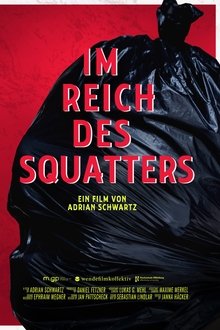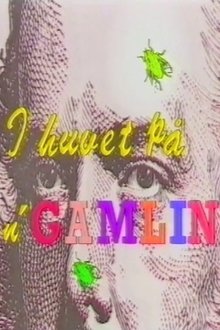Taking the form of a travel diary of a television journalist, this documentary tells about the life and work of the people of Yakutia: pilots, artists, drivers, and reindeer herders.
Related Movies
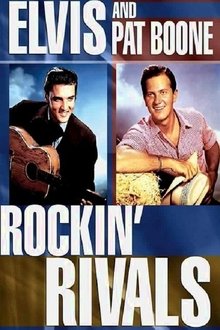
Elvis & Pat Boone Rockin' Rivals (2008)
Elvis Presley & Pat Boone were two of the hottest forces on the early rock ‘n’ roll music scene in the 1950’s. In this toe-tapping documentary, the good-nature chart-topping rivalry between the duo is explored through rare footage and newsreels. Interviews include Dick Clark, Tom Jones, Kenny Rogers, Glen Campbell, Phyllis McGuire, Bill Medley, Arlene Dahl, Joe Esposito, Shirley Jones and others.
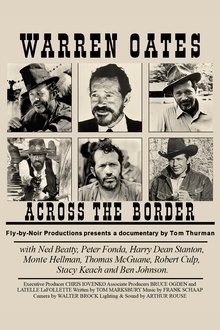
Warren Oates: Across the Border (1993)
A retrospective of the work of the late actor Warren Oates, with clips from his films and interviews with cast and crew members who worked with him.

Innocent Love Stories under Occupation (2012)
Interview-based documentary looking back on the making and reception of René Clément's 1952 film "Forbidden Games."
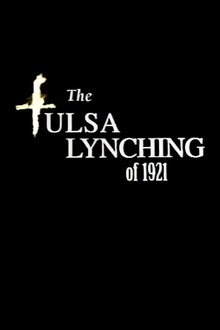
The Tulsa Lynching of 1921: A Hidden Story (2000)
Documents the race riot of 1921 and the destruction of the African-American community of Greenwood in Tulsa, Oklahoma. With testimony by eyewitnesses and background accounts by historians.
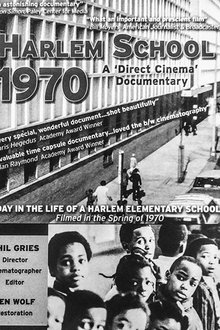
Harlem School 1970 (2018)
A unique 'direct cinema' feature length documentary (no narration or interviews) originally filmed in the Spring of 1970 and concluded during the Summer of 2017 (footage added, restored, and re-edited). A day in the life of an inner-city Harlem elementary school. In 2018 filmmaker Phil Gries reunited with seven of his former Harlem elementary students whom he hadn't seen in 50 years.
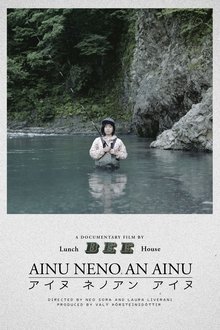
Ainu Neno An Ainu (2021)
This documentary started as part of a photography project about the indigenous Ainu population in northern Japan, portraying people from tightly knit communities. They feel deeply connected by their culture and tradition. With gorgeous pictures, the directors explore how different generations of Ainu reflect on their identity after centuries of oppression.

Altman (2014)
Robert Altman's life and career contained multitudes. This father of American independent cinema left an indelible mark, not merely on the evolution of his art form, but also on the western zeitgeist. With its use of rare interviews, representative film clips, archival images, and musings from his family and most recognizable collaborators, Altman is a dynamic and heartfelt mediation on an artist whose expression, passion and appetite knew few bounds.
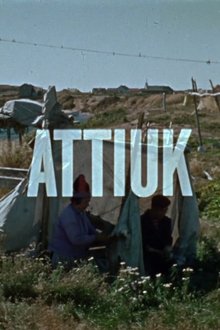
Attiuk (1963)
The people of Unamenshipu (La Romaine), an Innu community in the Côte-Nord region of Quebec, are seen but not heard in this richly detailed documentary about the rituals surrounding an Innu caribou hunt. Released in 1960, it’s one of 13 titles in Au Pays de Neufve-France, a series of poetic documentary shorts about life along the St. Lawrence River. Off-camera narration, written by Pierre Perrault, frames the Innu participants through an ethnographic lens. Co-directed by René Bonnière and Perrault, a founding figure of Quebec’s direct cinema movement.
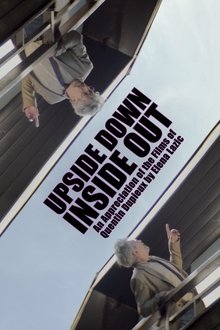
Upside Down, Inside Out: An Appreciation of the Films of Quentin Dupieux by Elena Lazic (2022)
An analysis of Quentin Dupieux's film "Incredible But True" by film critic Elena Lazic.
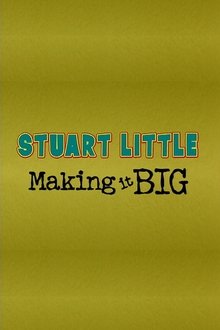
Stuart Little: Making It Big (1999)
A documentary about the making of director Rob Minkoff's feature film, "Stuart Little" that first aired on HBO.

Sociology Is a Martial Art (2001)
"I often say sociology is a martial art, a means of self-defence. Basically, you use it to defend yourself, without having the right to use it for unfair attacks." (Pierre Bourdieu) The world has witnesses who speak out loud what others keep to themselves. They are neither gurus, nor masters, but those who consider that the city and the world can be thought out. The sociologist, Pierre Bourdieu is one such witness." Over a three- year period, Pierre Carles' camera followed him through different situations: a short conversation with Günter Grass, a lively conference with the inhabitants of a working-class suburb, his relations with his students and colleagues and his plea that sociology be part of the life of the city. His thinking has a sort of familiarity, which means it is always within our reach. It is the thinking of a French intellectual who has chosen to think his times.
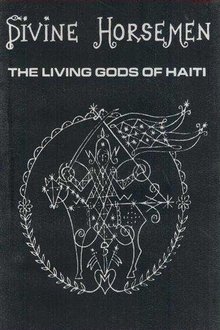
Divine Horsemen: The Living Gods of Haiti (1993)
This intimate ethnographic study of Voudoun dances and rituals was shot by Maya Deren during her years in Haiti (1947-1951); she never edited the footage, so this “finished” version was made by Teiji Ito and Cherel Ito after Deren’s death.
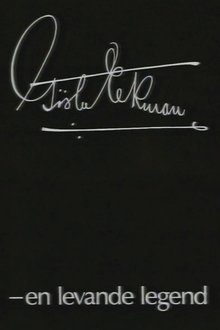
Gösta Ekman - En levande legend (1987)
Documentary about the Swedish actor Gösta Ekman (1890-1938) with interviews with friends and colleagues.
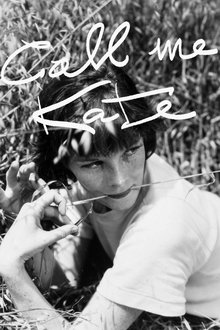
Call Me Kate (2023)
A feature documentary which captures Katharine Hepburn's spirit and determination, exploring her story using her own words, through a combination of hours of previously hidden and intimate audio tapes, video and photographic archive.
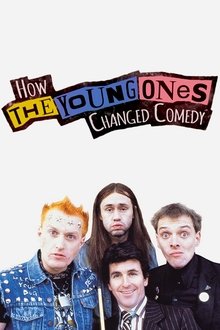
How The Young Ones Changed Comedy (2018)
This documentary explores the legacy of one of the most notorious British sitcoms of all time. Launching alternative comedy onto our screens, the show made household names of its performers and writers and proved to be a huge influence, despite the BBC reportedly being baffled by what they'd commissioned back in 1982. Never before had a flagship comedy show contained so much violence, depravity and anarchy - it was a shot across the bow to mainstream comedians that things would never be the same again.

NEWS ZERO Spinoff: "Ponyo on the Cliff" Close-Up! Five Genius Craftmen (2008)
Nippon TV's NEWS ZERO program produced an hour long documentary on the making of Ponyo, known in Japan by it's full title "Ponyo on the Cliff." A rare look behind the scenes of Studio Ghibli.
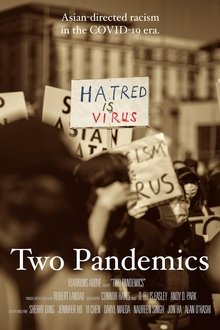
Two Pandemics (2021)
Seven Asian-Americans discuss their experiences with racism and the spike in Asian-directed hate crimes as a result of COVID-19.
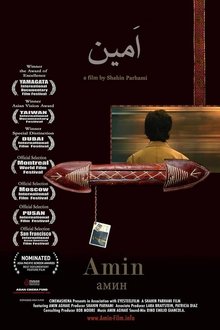
Amin (2010)
AMIN portrays Qashqai musician Amin Aghaie, a young modern nomad and his family who despite facing steep financial, cultural and political obstacles are dedicated to their art and culture. Amin travels to remote towns and villages to record the music of the surviving masters whose numbers decline each year. His nomadic family are selling their meager belongings to help support their son's education in performance and ethnomusicology at Tchaikovsky's Conservatory in Kyiv, Ukraine, but it is not enough. Amin, desperate to finish his academic education, sells his violins one at a time just to pay for his tuition.
